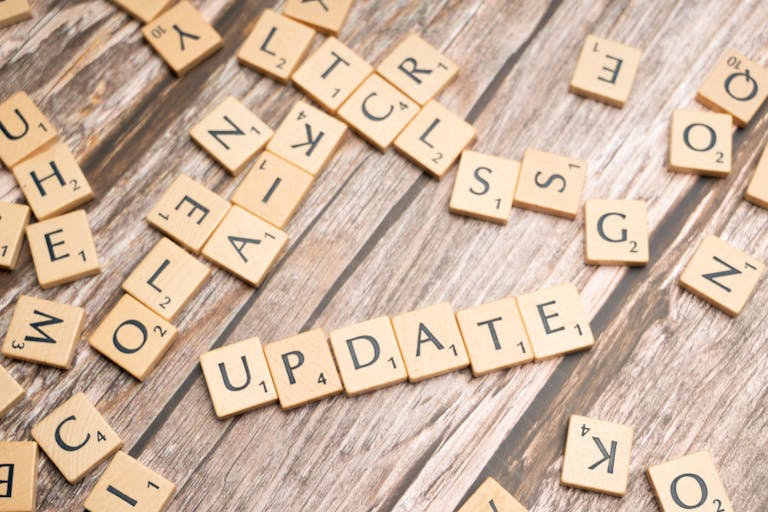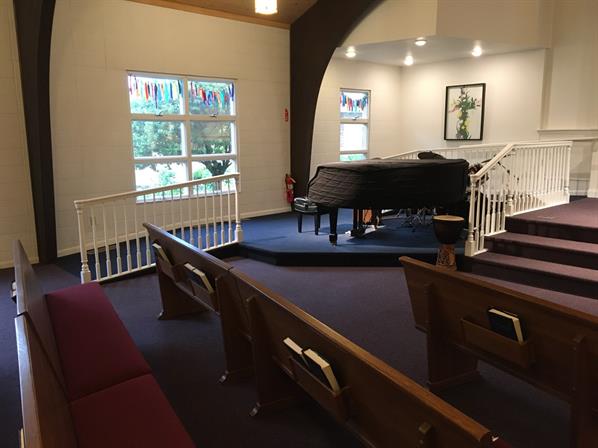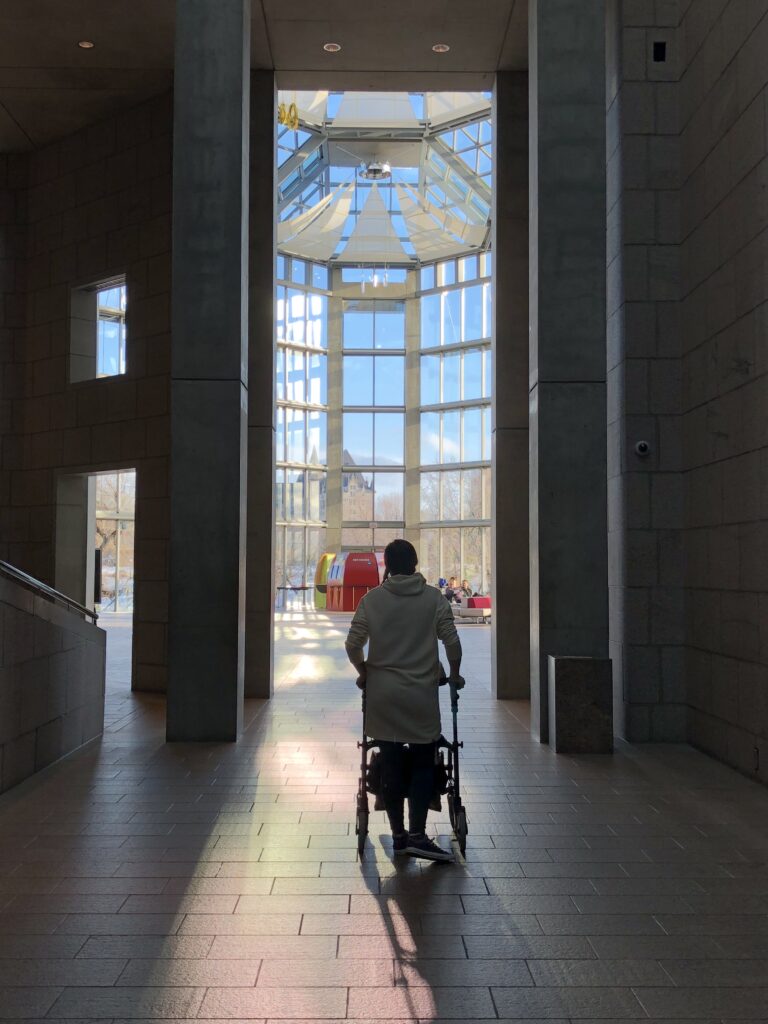Pain is Such a Pain
By Naomi Mitchum
Pain is such a pain!
Pain is such a pain. You can seethe, groan, swear at it, pray over it, even scream, and it is still there. You just want it to go away, but it doesn’t. Finally, you wonder if there is anything you can do to put balance back in your life.
Yes. You can learn to adapt when you recognize some of the consequences of pain that can tilt you into unconstructive behavior. It’s like you are sitting on one end of a see saw with heavy pain on the other end, and you have to work hard to get your feet on the ground. So, how can you make adjustments to smooth out pain’s wrinkles in your life and get your feet back to earth?
When doctors help with pain management that often means tweaking medication combinations for best results, but the pain may not go away. After I thank my body for working for me as well as it can, I try to recognize the social effects pain has on me, so I can deal with the consequences and make adjustments. Your experience may be different, but I want to share mine.
Pain intrudes into my everyday life, standing in the middle of people relationships and spiritual relationships. It doesn’t matter what kind of pain you have or how much, if it is yours, it intrudes on your social plans. Even at the altar, enjoying communion, if your shoulders stab you with pain when you lift the wafer to your mouth, it intrudes on your God connection. Pain also intrudes on mindful meditation and prayer experience. Try saying a thanksgiving prayer: Father, thank you for WHAM PAIN WHAM –now what was it that I am thankful for?
When I put a name to the consequences of my pain, it puts me on notice to be patient with myself since the consequences are not my fault. I can forgive myself for wrinkles that may come up in a relationship or event. It helps, too, to remember that a loving God doesn’t mind the intrusions on our conversations.
Pain is an interrupter. Pain can hit while I am playing a Chopin etude, and perhaps my concentration is broken for the split minute when there is a key change. If I go for morphine for the pain, the resulting mind fog may prevent me from even knowing who Chopin is or where I stashed the music. If pain prevents me from opening the refrigerator door, it interrupts my cooking plans. If pain or the use of pain medication prevents driving my car, my plan for getting to work is interrupted. Alternate transportation may be undependable, and then that excellent punctuality record gets interrupted. Soon, the sum total of the small interruptions can feel like an earthquake under my feet (or wheels). It helps me to deal with the interruptions when I recognize the pain as the culprit instead of blaming myself for not paying attention.
Rather, plan forward for what you can do despite the interruptions. But, this takes time and work.
Pain is also an isolator. People do not want to see you wince or hear you groan; it makes them feel uneasy. When they are uneasy, you are uneasy, and both of you can be at a loss for words. Many people find it difficult to express comfort for fear of saying the wrong thing, and they may find it easier to avoid you. In some cases, the physical discomfort or mind-fog makes it easier to isolate yourself, so you may need to push yourself to “be” with other people. Forgiving the people you no longer see on a regular basis may relieve the anger you feel, but forgiveness can be easier said than done. Rather, push yourself to take the first step and call someone you miss talking with. Some people can even express humor in a situation, offering relief for everyone.
Pain is grief. Mountains of failed treatment, interruption, isolation and intrusion pile up to assault your balance and you may be swathed in sadness. You didn’t see it coming. For example, the sight of someone wearing construction worker’s gear walking to the bus stop might remind you that you can no longer work. A musician who can no longer play her instrument may be brought to tears by listening to a symphony perform. Experiencing grief over loss is authentic and healthy, and it takes time to reinvent yourself or find a new profession.
It helps me to name the current grief, to think about the effects, and then to surrender the event to God while I seek His help to find a new event or activity. For me, this takes quiet thinking-time with God. Sometimes, however, there is no new activity to begin, and I need to develop a physical ritual to say “goodbye” as I surrender the activity I am grieving. Snuff a candle, throw a rock, write a poem, sharpen a pencil until it is gone, or burn up a word on a piece of paper. It is okay to cry! And, it is good to seek a support group or professional help if the sadness persists.
Pain steals your sense of perfection. Because pain saps your energy, it can cause you to skinny down on non-essentials in your life, creating a cleaner focal point for daily living. You become blind to the car that needs washing and learn to avert your eyes instead of noticing the crumbs on the floor that you cannot pick up. You thaw food instead of cooking. If you can’t play ball, you can learn to do a different activity with your child. When I accept less than perfection, the blame-game goes out the window, and I can open the door to new ways of doing things.
Pain can grind feelings of guilt into almost everything you now cannot do or must do. You may feel guilty when you ask for help when all the money goes for medication, or when the pain forces you to stay in bed instead of going to your child’s baseball game. Any activity or non-activity can start to feel guilt-ridden, and excessive apologizing all the time becomes tedious. Instead, it helps if I can accept that “What is, is.” Then, when I found that my loving family accepts my situation, I could ditch the guilt and accept their help without apology. Gradually, I realized that everyone was now more comfortable.
Sometimes replacing my guilt feelings with gratitude can smooth out the guilt wrinkles. I had previously been a helper, and so instead of feeling guilty about my inaction, I focus on finding joy in serving when and where I can. Now, helping may be just a phone call or sending a note to someone. Maybe you can sing in the choir, volunteer at local food bank or even go to work with a smile. It’s called reinvention, and you do it as the pain allows.
Pain has its own parties and temptations. The first invitation is to a pity-party, something that happens to each of us when we discover that this pain is not fleeting. So, schedule a brief pity-party and move on. If we aren’t careful, we can become martyrs, looking for pity in our painful condition, and admiration for the aplomb with which we handle adversity. For this kind of party, it’s best to eat the dessert of humility and push pity into a corner when I feel it happening.
Pain has forced me to call upon forces beyond what I can see. That’ was when I discovered in a new way that Jesus walks with me. Prayer, mindfulness, or meditation may help you to sift through your desires and help you feel comfortable talking to God. Instead of asking, “Why is this happening to me?” I started asking, “How can I live with it in the future?” Prayer may not make the pain go away, but I find myself basking in God’s love, and I found new confidence that God is an important companion in my pain journey.
I’ve learned that God pauses with me when I pray, “Father, thank you for…WHAM PAIN WHAM…now what was it that I am thankful for?”







